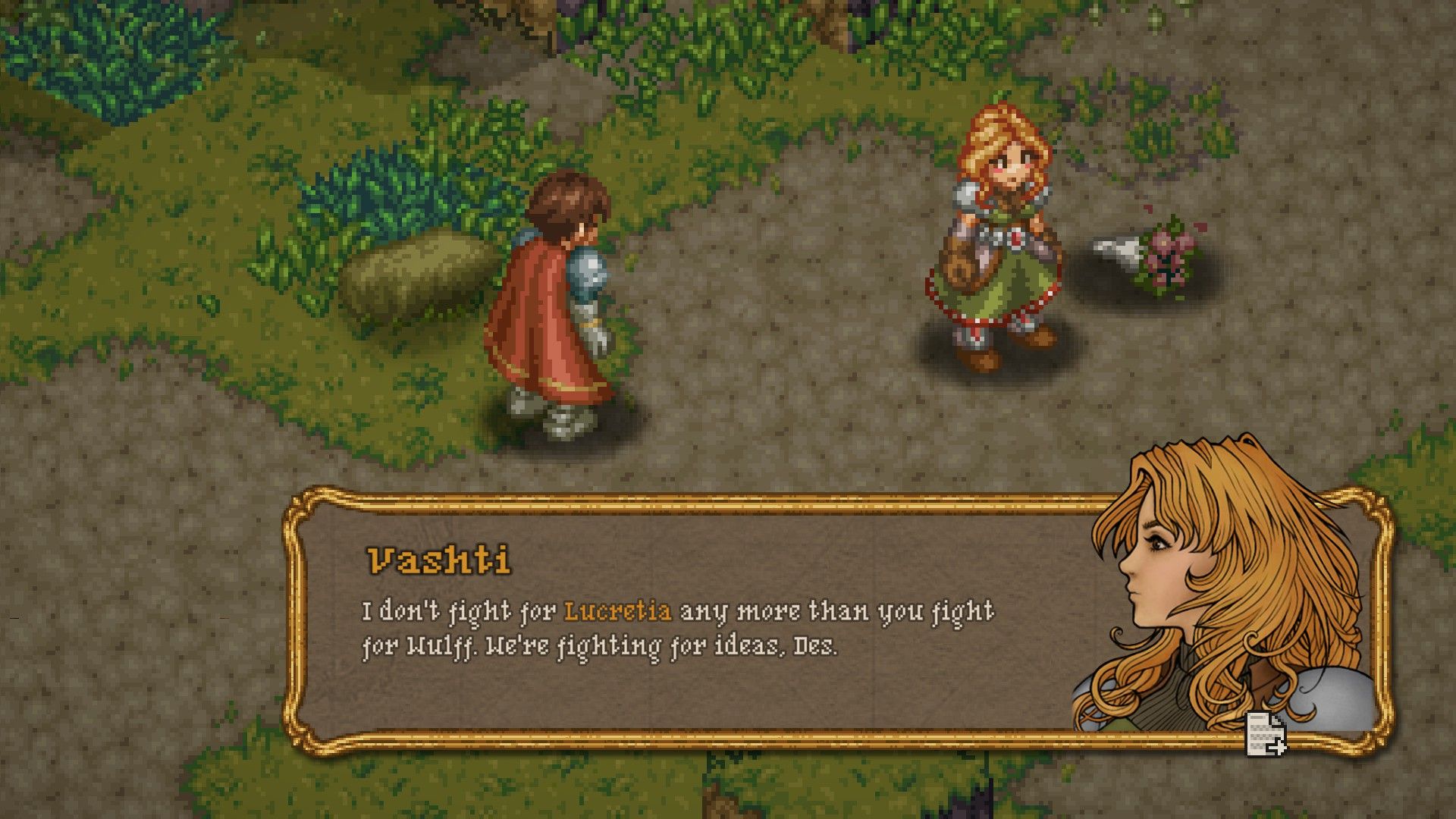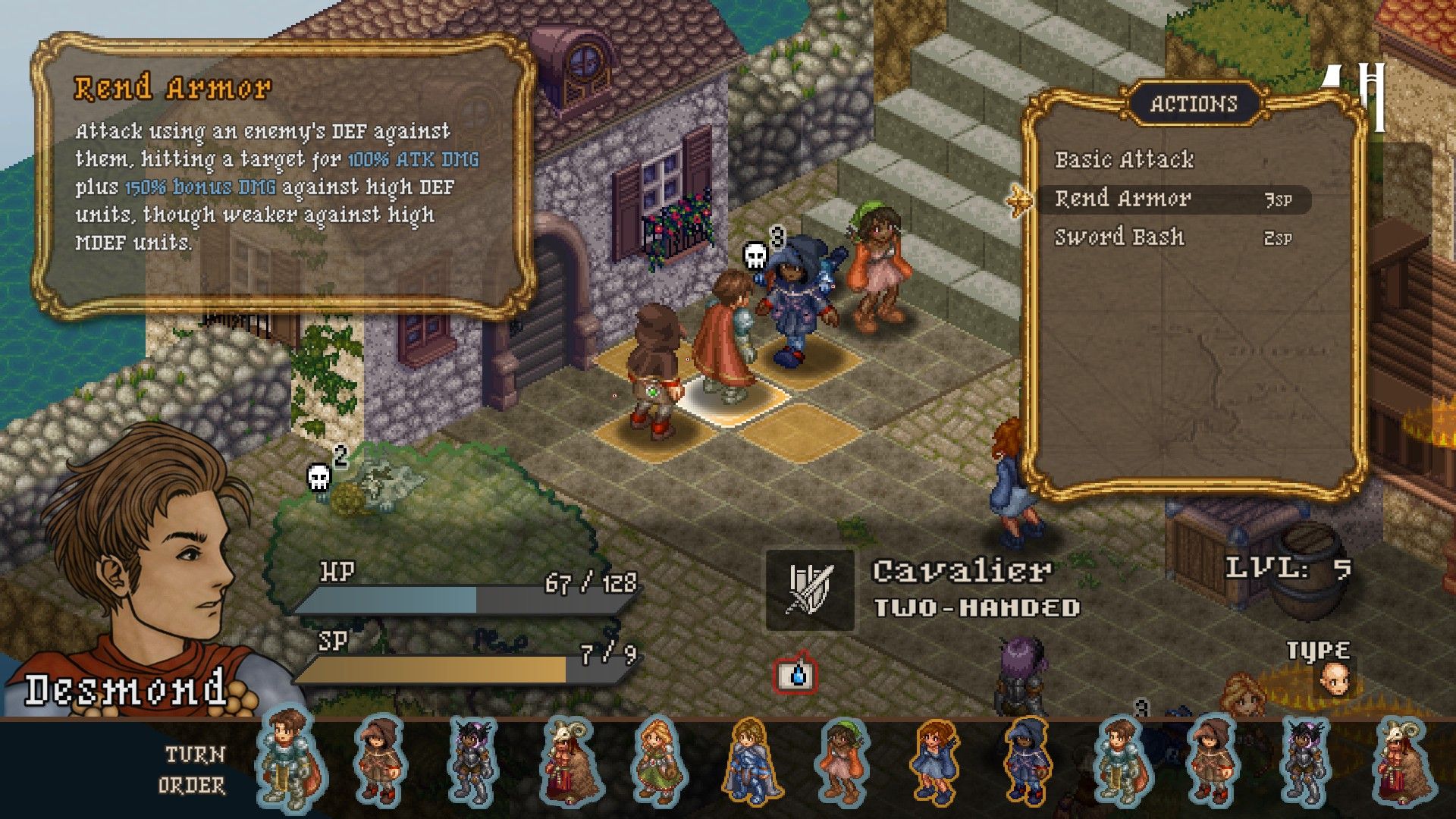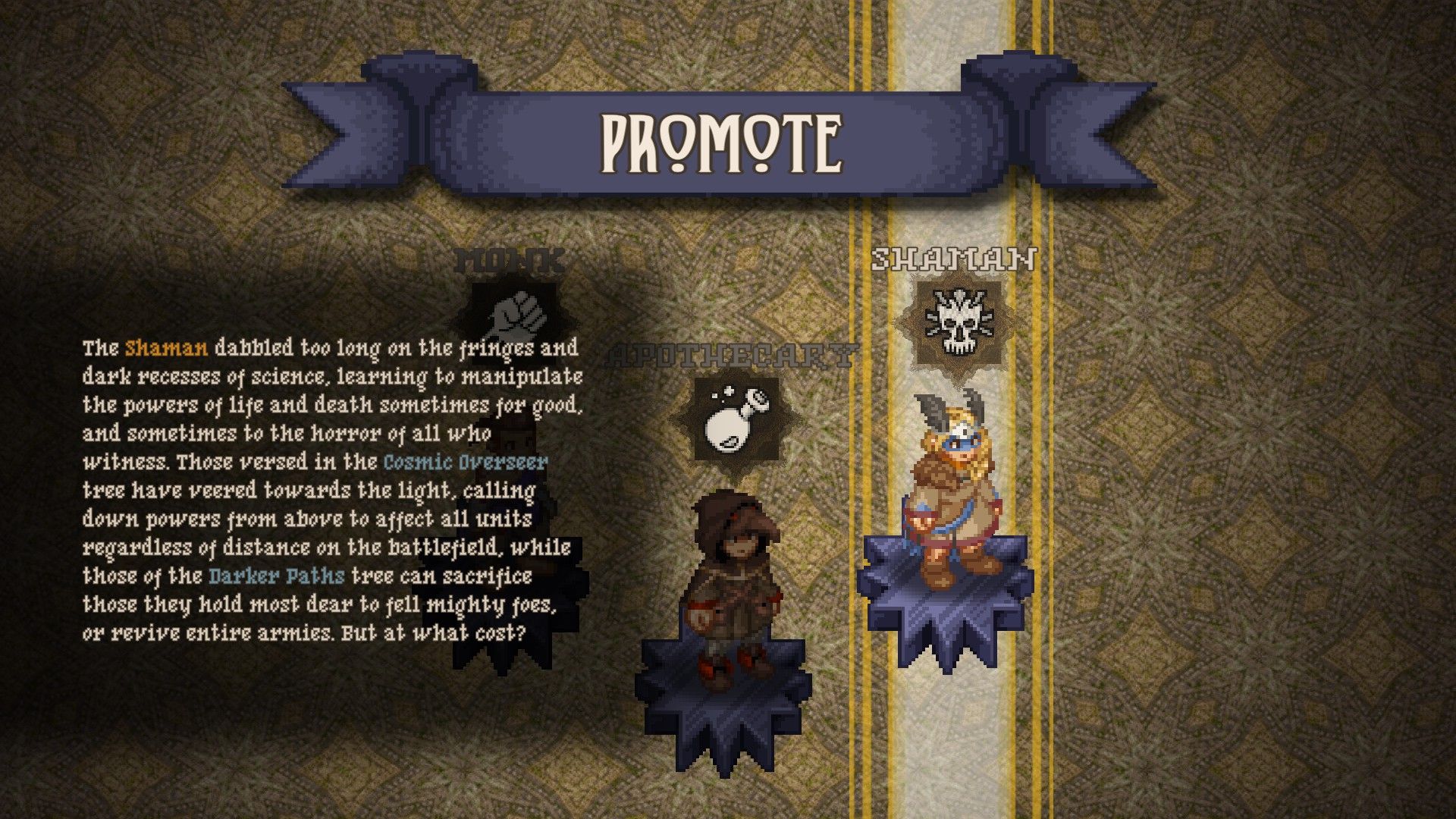Arcadian Atlas: Shooting for the FFT Throne
The Tactical RPG renaissance continues

We are entering a tactical RPG boom time. Once upon a time, this was a niche subgenre that saw just a few releases per year, all of them living in the shadow of Final Fantasy Tactics. But over the past few years, renewed interest in TRPGs has resulted in a flood of titles from both larger studios and upstarts. This summer alone, several high-profile indie TRPGs are dropping into a market eager for them.
The first such game that I'll be looking at is Arcadian Atlas, one that's been on my radar for years, well before the boom started. It's definitely a game making a play for the FFT throne, but is it good enough to stand with the legends or just another pretender?

After years of unceasing warfare, Arcadia is at peace - but peace is fleeting. King Tirgan, the beloved hero of the war, is close to death and lacks an heir since his only offspring was disinherited by his second wife, Queen Regnant Venezia. Princess Lucretia, the king's eldest surviving child, appears abruptly in the throne room, accuses Venezia of poisoning the king, and attempts to claim the throne for herself. Thus begins a brutal succession war, with each side claiming their own alliances as they fight for control of Arcadia.
Caught in the middle of this conflict are two lovers, Vashti and Desmond. Both were once loyal servants of the kingdom, but the caprice of fate has put them on opposite sides - Desmond continuing to play the role of the good soldier while Vashti fights under the banner of the pretender Lucretia. Neither is truly certain if they are fighting on the right side, but in such a conflict, staying neutral is not an option.
But there's another wrinkle - a mysterious mage with a deck of cards that contain eldritch powers beyond anyone's knowing. He's just met up with the late king's other daughter, and the two of them are about to unleash a new sort of hell on Arcadia.
The plot is the first aspect of the game that mirrors Final Fantasy Tactics. While it isn't as byzantine as that game's story, there are certainly echoes, especially with the multi-sided conflict where it isn't clear who (if anyone) is the good guy.

The mechanics of Arcadian Atlas can be summarized as simplified versions of FFT. The turn-to-turn gameplay is typical for TRPGs, with characters moving around the battlefield, fighting, healing, and throwing spells. Action is split into loose turns in which slower actions are delayed until later - again, very reminiscent of how FFT handled spells and abilities.
Character advancement is, likewise, a much simpler version of FFT's highly regarded class system. Most characters start in one of four classes - Cavalier (read: frontline fighter), Ranger (archer), Warmancer (mage), and Apothecary (healing/support). As these characters gain levels, they acquire points that can be placed into one of several skill trees. Spending enough skill points unlocks advanced classes with new and more powerful skill sets. Characters are guaranteed to level up after participating in a fight, and story important figures level up at key times no matter what, so everyone tends to stay caught up.
One thing that will probably disappoint FFT fans is that characters in Arcadian Atlas can't change classes except when they are promoted to advanced classes. Don't expect to be able to transplant support abilities from one class to another - each Cavalier may have different specialties, but they have the same fundamental skill set.

The graphics are yet another area where Arcadian Atlas is inspired by FFT, though they've improved a bit in this regard. The character sprites are massive compared to those in most similar games, which leaves a lot of room for subtle animations (including gestures and even facial expressions) that wouldn't be possible with smaller sprites.
I'd also be remiss if I didn't mention the music here. Arcadian Atlas features a jazz-influenced soundtrack that is very distinctive. Don't expect to get the usual generic fantasy battle music - while the soundtrack isn't extensive, it is extremely memorable.
Overall, Arcadian Atlas is a solid, well-made TRPG that was maybe just a bit too in love with Final Fantasy Tactics to take any real risks. Fans of TRPGs will definitely find a lot of things to like with the story and presentation, but it's not likely to convert any nonbelievers to the genre.
Arcadian Atlas is available for PC via Steam. A review copy was provided by the publisher.
